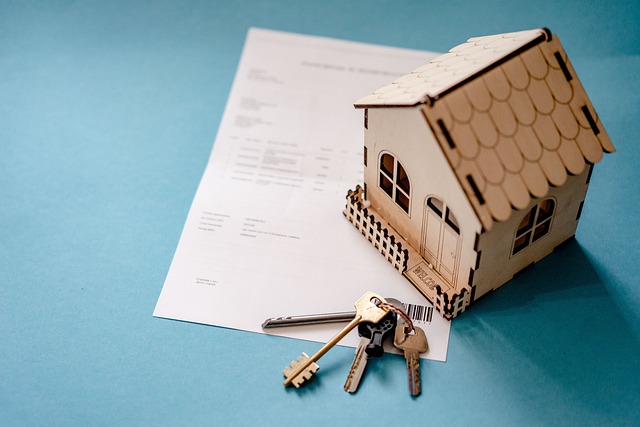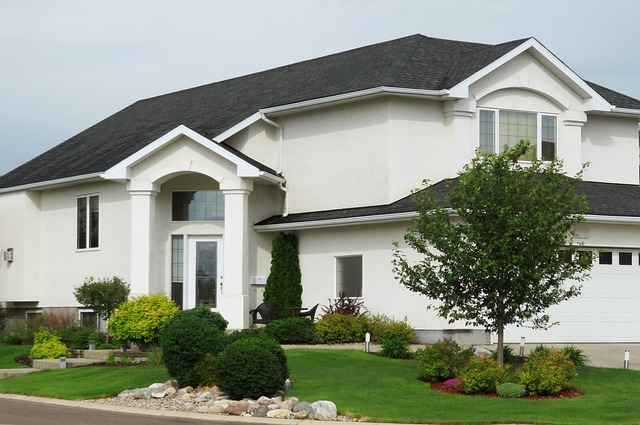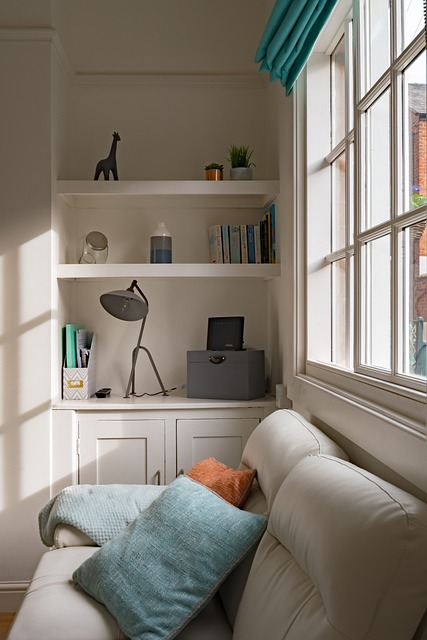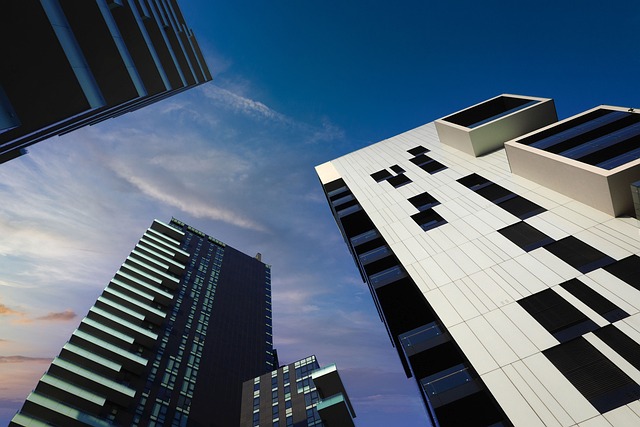Executive Condominiums (ECs) in Singapore serve as a midpoint between public and private housing, offering larger living spaces and high-end amenities at a more affordable price than traditional private condos. Developed by private developers under the Housing & Development Board (HDB), ECs are designed for a mix of single individuals, families, and investors, with an initial focus on Singaporeans who outgrow public housing but have surpassed the income limits for such accommodation. After five years of occupation, ECs can be sold to both Singaporeans and Permanent Residents without occupancy restrictions. Prospective buyers should be aware that ECs come with specific conditions, including a minimum occupation period before they can be resold on the open market without penalties. The resale process for ECs differs from private condos, with stricter resale conditions and eligibility criteria for second-time buyers who meet the CPF Housing Grant (CHG) eligibility. Financially, EC buyers can access concessionary loans and grants like the HDB Concessionary Loan and the Multi-Generation Family Housing grant, exclusive to EC purchasers, which are particularly beneficial for young families transitioning from public housing. Private condos, on the other hand, offer more prime locations with luxurious amenities but come with floating interest rates from commercial banks. Both ECs and private condos provide a premium living experience, but the choice depends on lifestyle preferences, community dynamics, financial goals, and long-term property strategies. Transitioning from an EC to a private condo involves understanding the eligibility criteria for grants like the AHG or CPF Housing Grant, as well as adhering to financial stability ratios like TDSR and MSR. This transition can be a strategic move towards long-term property objectives, taking into account the specific conditions and pathways available in Singapore's real estate market.
When contemplating a home in Singapore’s vibrant real estate landscape, discerning between an Executive Condominium (EC) and a private condominium presents unique considerations. This article delves into the nuanced differences between these two housing options, offering insights into their defining characteristics, market dynamics, financial aspects, and community living experiences. From understanding the distinct features of ECs to exploring ownership and resale implications, and navigating financing options with specific loan criteria and assistance schemes, this guide illuminates the pathways for those considering an EC or private condo as their abode. Whether you’re a first-time homebuyer or looking to upgrade, understanding the lifestyle, amenities, and community dynamics of each option is crucial in making an informed decision that aligns with your long-term living plans.
- Understanding Executive Condominiums (ECs): Definitions and Distinctive Features
- Ownership and Resale Considerations: EC vs Private Condo Differences in the Housing Market
- Financing Your Home: Loan Criteria and Assistance Schemes for ECs vs Private Condos
- Living in an EC vs Private Condo: Lifestyle, Amenities, and Community Dynamics
- Eligibility and Upgrading Pathways: Navigating the Transition from EC to Private Condo Ownership
Understanding Executive Condominiums (ECs): Definitions and Distinctive Features

Executive Condominiums (ECs) in Singapore are a unique class of hybrid housing designed to cater to the diverse needs of singles, families, and investors alike. These residential units blend the benefits of public and private housing, offering a more affordable option compared to traditional private condos while providing similar luxuries and facilities. ECs are specifically targeted at Singaporeans who aspire to own a larger home initially and have the option to sell the unit on the open market after a certain period, typically five years, without any occupation restrictions. A key distinctive feature of ECs is that they are developed and sold by private developers under the Government’s Housing & Development Board (HDB). This partnership allows for the incorporation of higher-end finishes and facilities such as gymnasiums, swimming pools, and BBQ pits, which are often found in full-private condominums. Additionally, EC residents enjoy the same privacy and security features as those living in private condos, with access control systems and 24-hour security patrols ensuring a safe living environment. Prospective homeowners interested in an EC should note that while they enjoy certain benefits similar to private condos, there are also conditions such as the minimum occupation period before they can sell on the open market without penalty. Understanding these nuances is crucial for anyone considering an EC as their home or investment property.
Ownership and Resale Considerations: EC vs Private Condo Differences in the Housing Market

In Singapore’s dynamic housing market, discerning between an Executive Condominium (EC) and a private condo is crucial for prospective homeowners, particularly when considering long-term investment implications. Ownership of an EC comes with unique stipulations; it is a hybrid of a public and a private housing option designed to assist first-time flat owners to upgrade to a larger home without the stringent income restrictions associated with public housing. After meeting the minimum occupation period, which varies from five to ten years depending on the policy at the time of purchase, ECs will automatically transition into private condominium status. This transition can affect resale value and marketability, as private condos typically attract a wider buyer pool due to their unrestricted resale options.
Resale considerations also differ significantly between ECs and private condos. Private condos offer more flexibility in terms of resale, with owners able to sell their units on the open market without restrictions. In contrast, the resale of an EC before fulfilling the minimum occupation period is subject to guidelines set by the CPF Housing Grant (CHG) and is only eligible for second-time buyers who meet the grant’s criteria. This limitation can impact both the buyer pool and the pricing strategy for EC units on the resale market. Additionally, the maturity of an EC development can influence its desirability; newer developments may command higher prices as they often come with updated facilities and finishes. Prospective buyers should weigh these ownership and resale considerations carefully when choosing between an Executive Condominium and a private condo, as each option presents distinct opportunities and challenges in the vibrant Singapore property landscape.
Financing Your Home: Loan Criteria and Assistance Schemes for ECs vs Private Condos

When considering financing options for your new home, the choice between an Executive Condominium (EC) and a private condo presents different loan criteria and assistance schemes tailored to each housing type. Prospective EC owners may leverage the Housing & Development Board (HDB) Concessionary Loan or the HDB’s Fixed Rate Scheme for more stable repayment terms, which are exclusive to EC buyers. Additionally, the Multi-Generation Family Housing grant and the Proximity Housing Grant can provide financial aid for eligible applicants looking to purchase an EC, making it a cost-effective option for young families aspiring to upgrade from a public housing flat.
In contrast, private condos are financed through commercial banks and finance companies where loan terms may be more stringent compared to ECs. These institutions typically offer floating rates that fluctuate with market conditions, as opposed to the fixed rates often available for EC loans. While assistance schemes specifically designed for ECs are not applicable, private condo buyers might still benefit from various grants such as the Additional Housing Grant (AHG) or the CPF Housing Grant, which cater to lower-to-middle income households. The choice between an EC and a private condo thus hinges on both the financial benefits tailored to each property type and the borrower’s long-term financial planning and eligibility for respective loan schemes.
Living in an EC vs Private Condo: Lifestyle, Amenities, and Community Dynamics

When considering a new home in Singapore, the choice between an Executive Condominium (EC) and a private condo presents distinct lifestyle, amenity, and community dynamics that cater to different preferences and needs. ECs, also known as “sandwiched homes,” are hybrid housing designed for Singaporeans who might otherwise be priced out of the private property market but have higher income ceilings than those eligible for public housing. They offer a blend of public and private housing benefits, typically with a lease of 99 years, which is shorter than the 999-year lease for most private condos.
Residents of ECs enjoy a range of lifestyle amenities that are comparable to those found in private condominiums. These include swimming pools, gyms, playgrounds, BBQ pits, and function rooms. The community within an EC is often vibrant and growing, as it includes both young families and upgraders from public to private housing, creating a diverse social fabric. The transition from a public housing estate to an EC comes with the added advantage of having more space and better facilities, which can be particularly appealing for families looking for a step up in terms of lifestyle and comfort.
In contrast, private condos often cater to a more affluent clientele and are situated in prime locations, offering breathtaking views and top-tier amenities. These developments are usually fully equipped with state-of-the-art fitness centers, tennis courts, clubhouses, and sometimes even rooftop gardens or sky lounges. The community within a private condo tends to be more established and may skew towards older residents who have lived in the area for some time. The exclusivity and high-end finishes found in these properties often attract individuals seeking a sophisticated lifestyle with a strong emphasis on privacy and luxury.
Both ECs and private condos offer their residents a high standard of living, but the nature of the community and the specific amenities available will vary based on the development type. Prospective residents should consider their long-term plans, lifestyle preferences, and budget when deciding between an Executive Condominium and a private condo, as both have their unique appeal and long-term benefits.
Eligibility and Upgrading Pathways: Navigating the Transition from EC to Private Condo Ownership

When considering a transition from an Executive Condominium (EC) to a private condo, understanding the eligibility and pathways involved is crucial for a seamless move. ECs are unique housing options in Singapore designed for Singaporeans and provide a stepping stone into private property ownership. Upon fulfilling the minimum occupation period of five years, EC owners gain the eligibility to sell their units to both Singaporeans and Permanent Residents (PRs). This opens up opportunities for upgrading as they can use the proceeds from the sale to purchase resale private condos without the initial restrictions.
The upgrade pathway is clearly defined by the CPF Housing Grants scheme, which offers financial assistance to eligible applicants. Singaporeans who have successfully lived in their EC for at least five years and are looking to purchase a resale private condo may qualify for these grants, making the transition more affordable. It’s important to note the criteria for eligibility, including income ceilings and ownership restrictions, as they can vary and impact one’s ability to upgrade. Prospective buyers should also consider the Total Debt Servicing Ratio (TDSR) and Mortgage Servicing Ratio (MSR) regulations to ensure their repayment obligations remain manageable post-upgrade. By understanding these conditions and having a clear plan, transitioning from an Executive Condominium to a private condo can be a strategic move aligned with one’s long-term property goals.
When considering a home in Singapore, discerning between an Executive Condominium (EC) and a private condominium is pivotal. This article has delineated the nuanced differences across ownership and resale flexibility, financing options with specialized assistance schemes, and the lifestyle amenities that cater to different needs. Prospective homeowners must weigh these factors carefully against their long-term housing goals. Ultimately, the choice between an EC and a private condo hinges on individual priorities, be it affordability, investment potential, or community living. Each option presents unique pathways for those looking to find their ideal home in Singapore’s dynamic property landscape.


